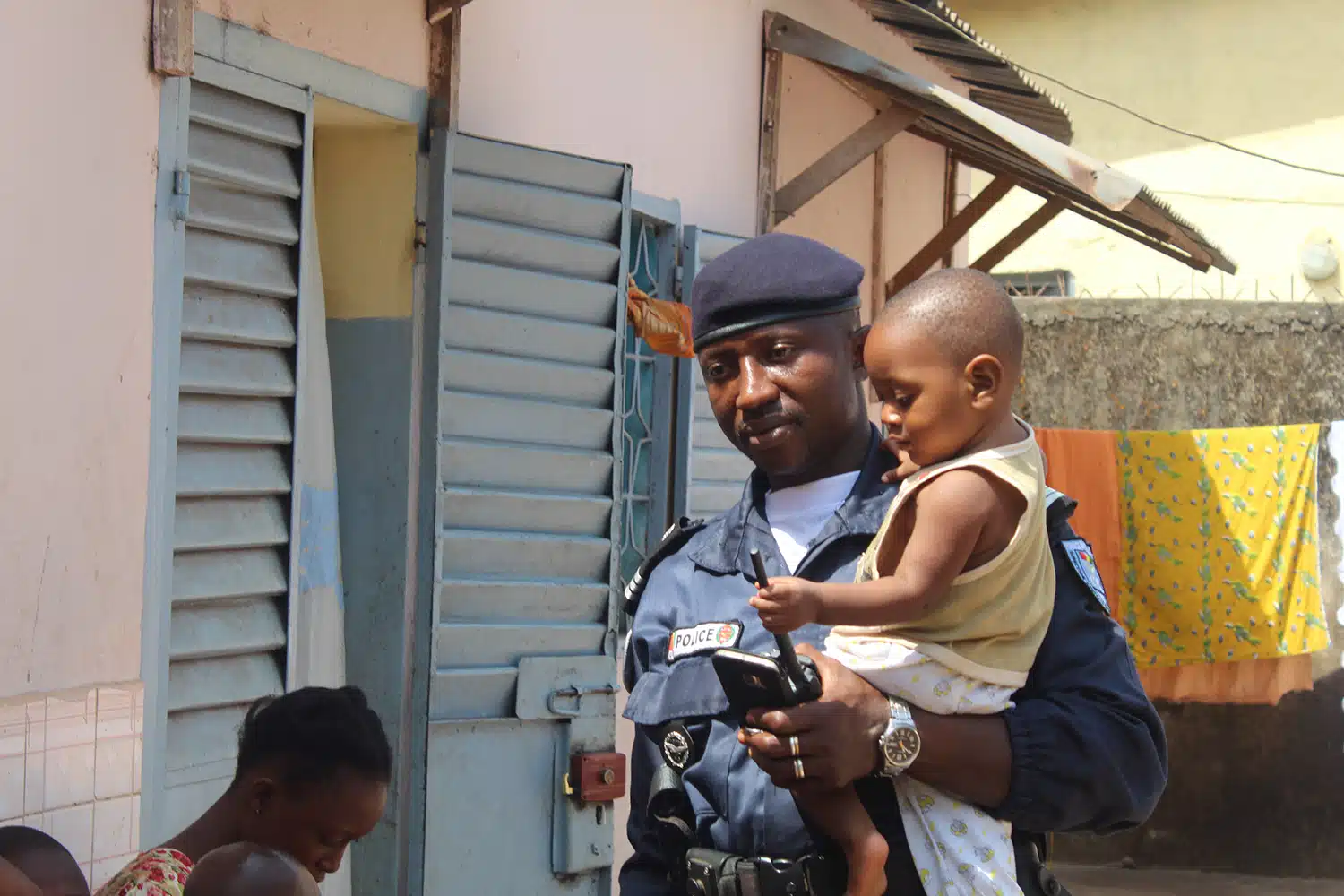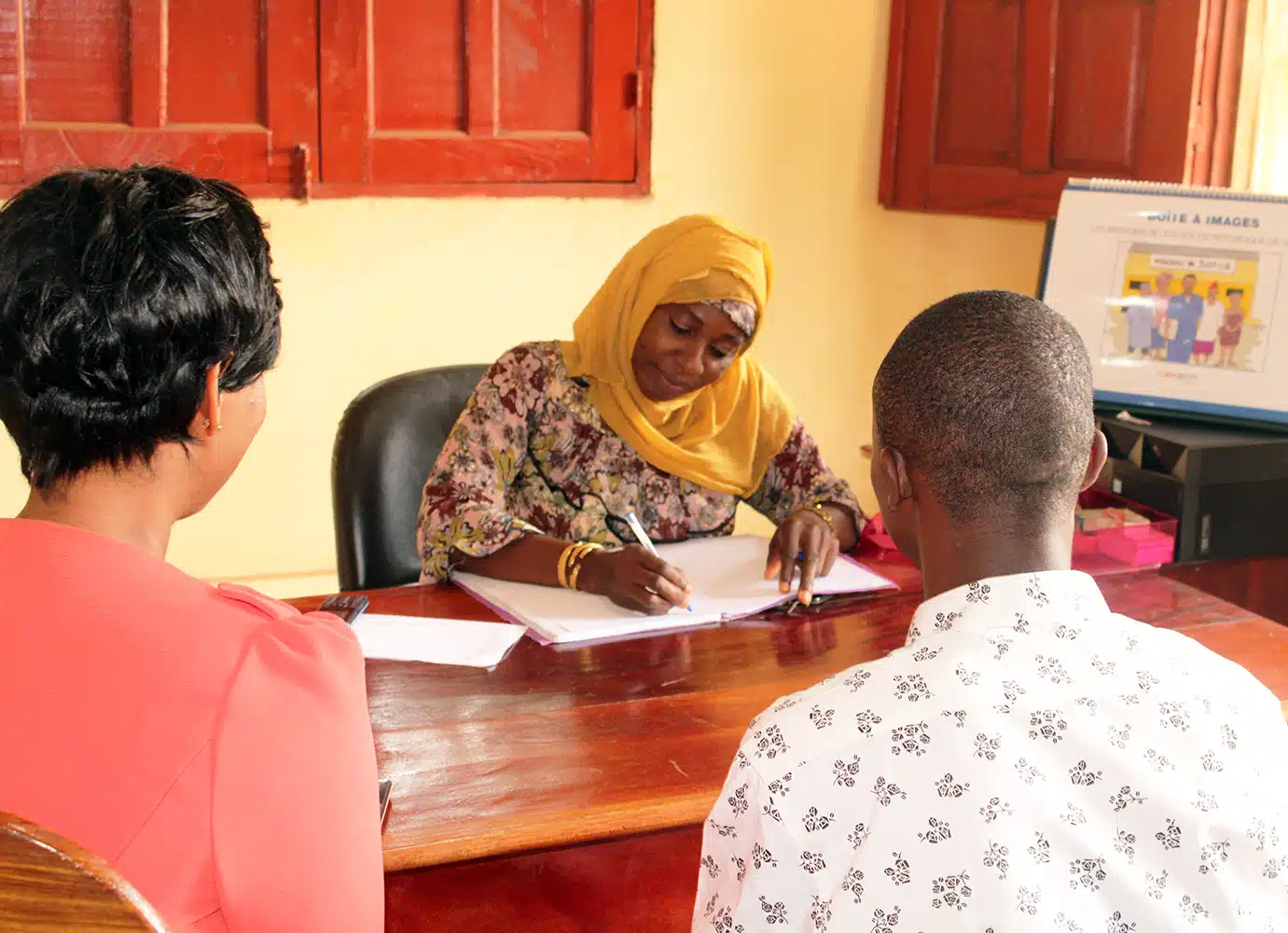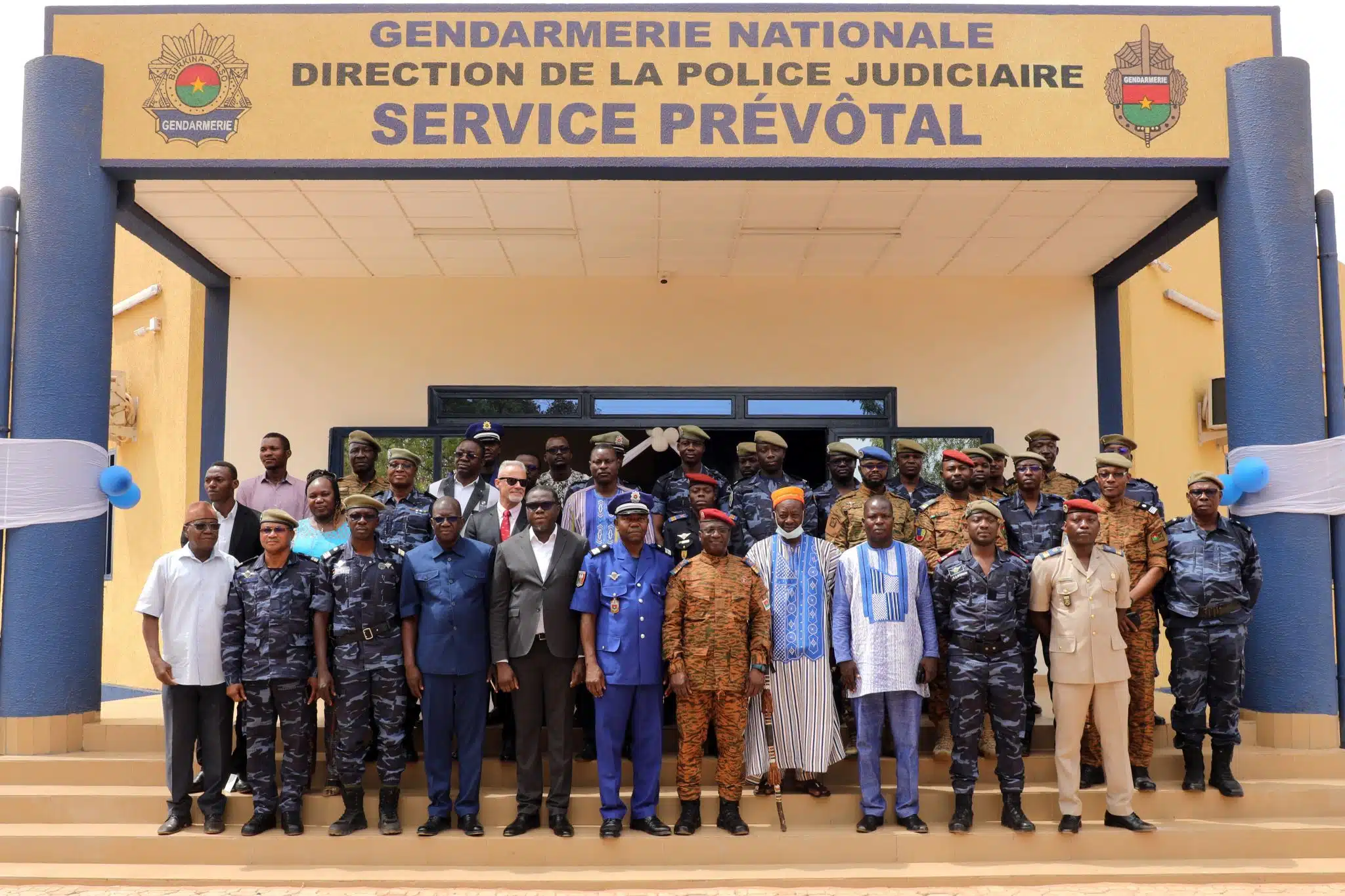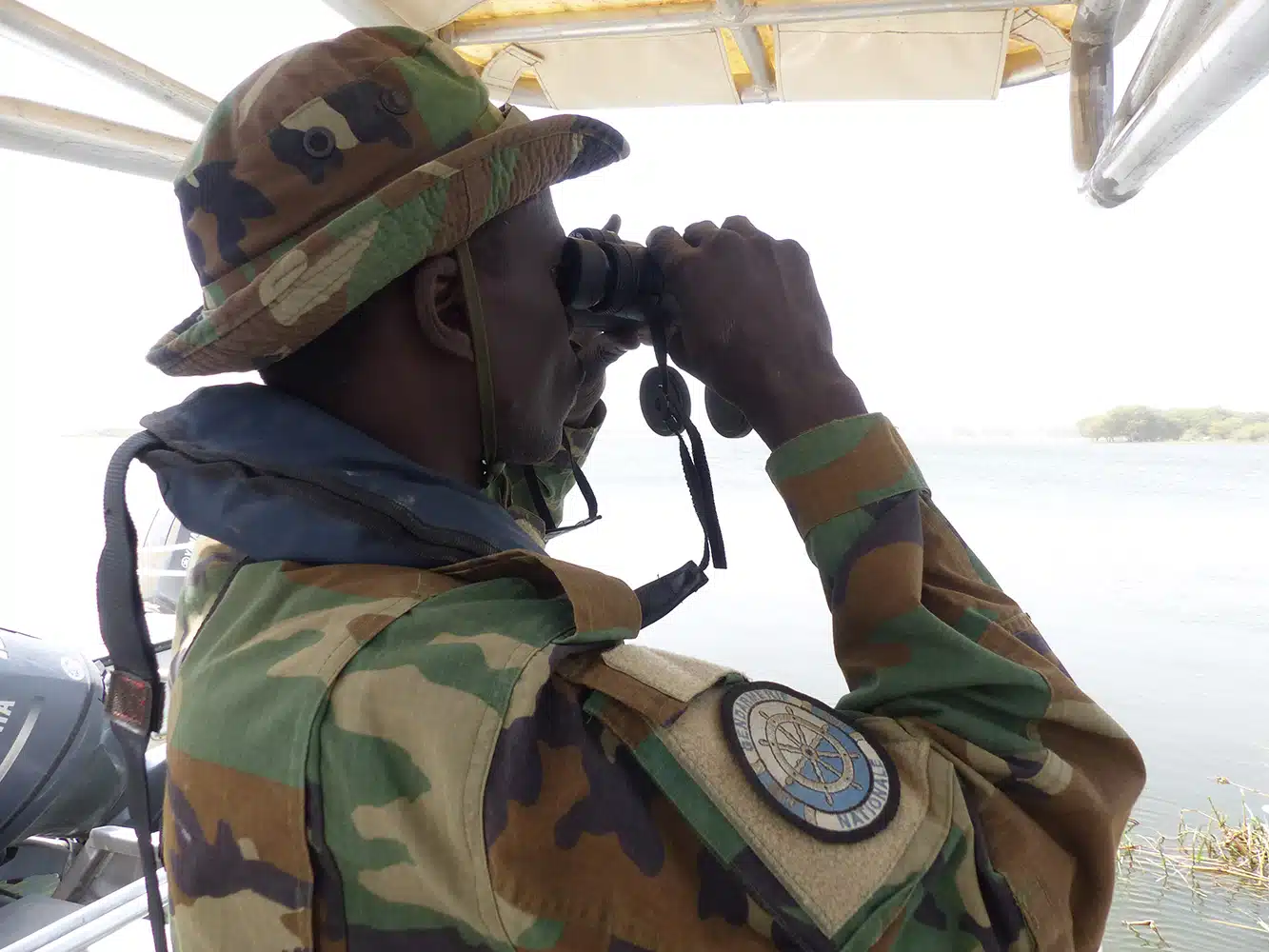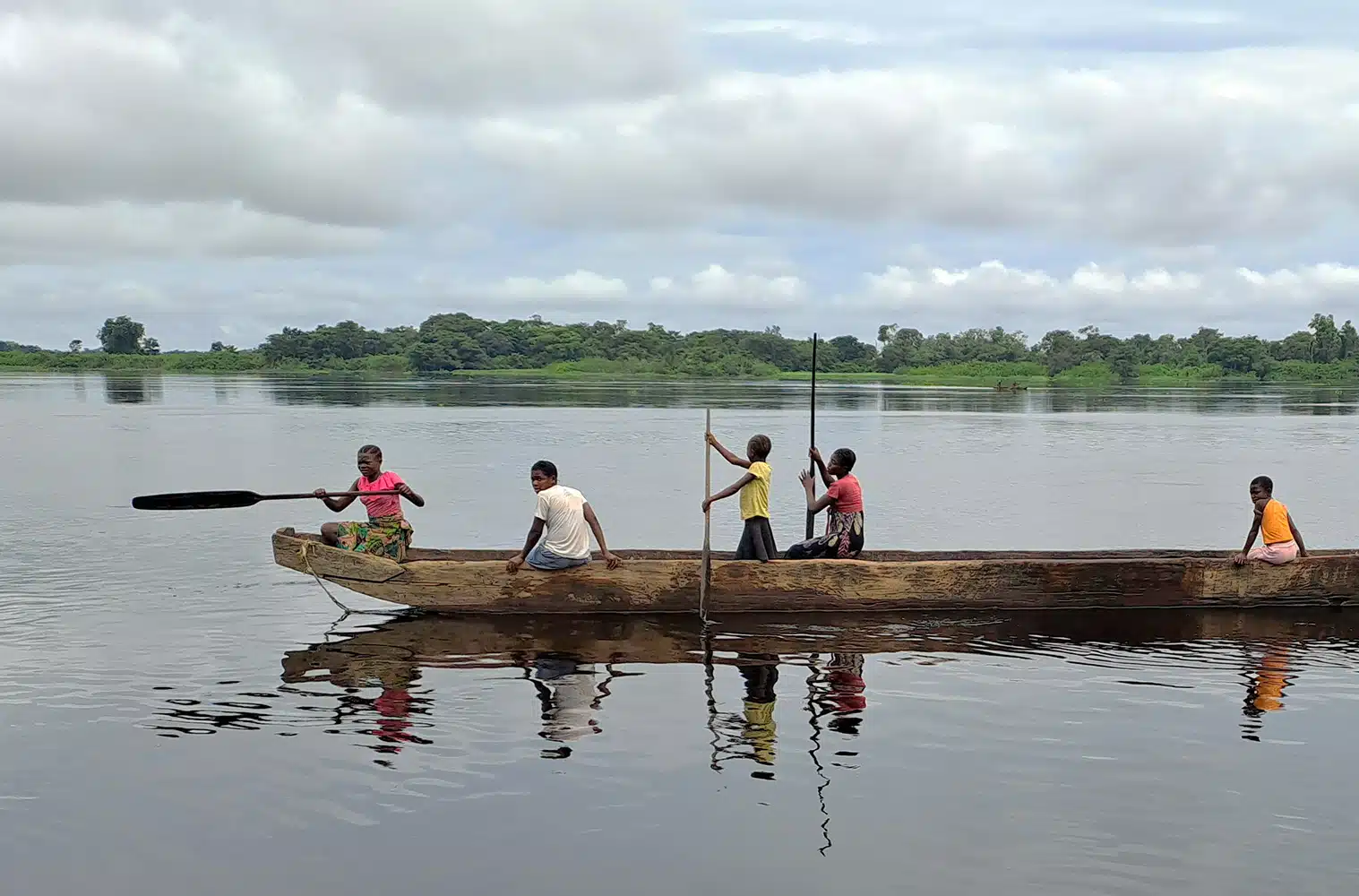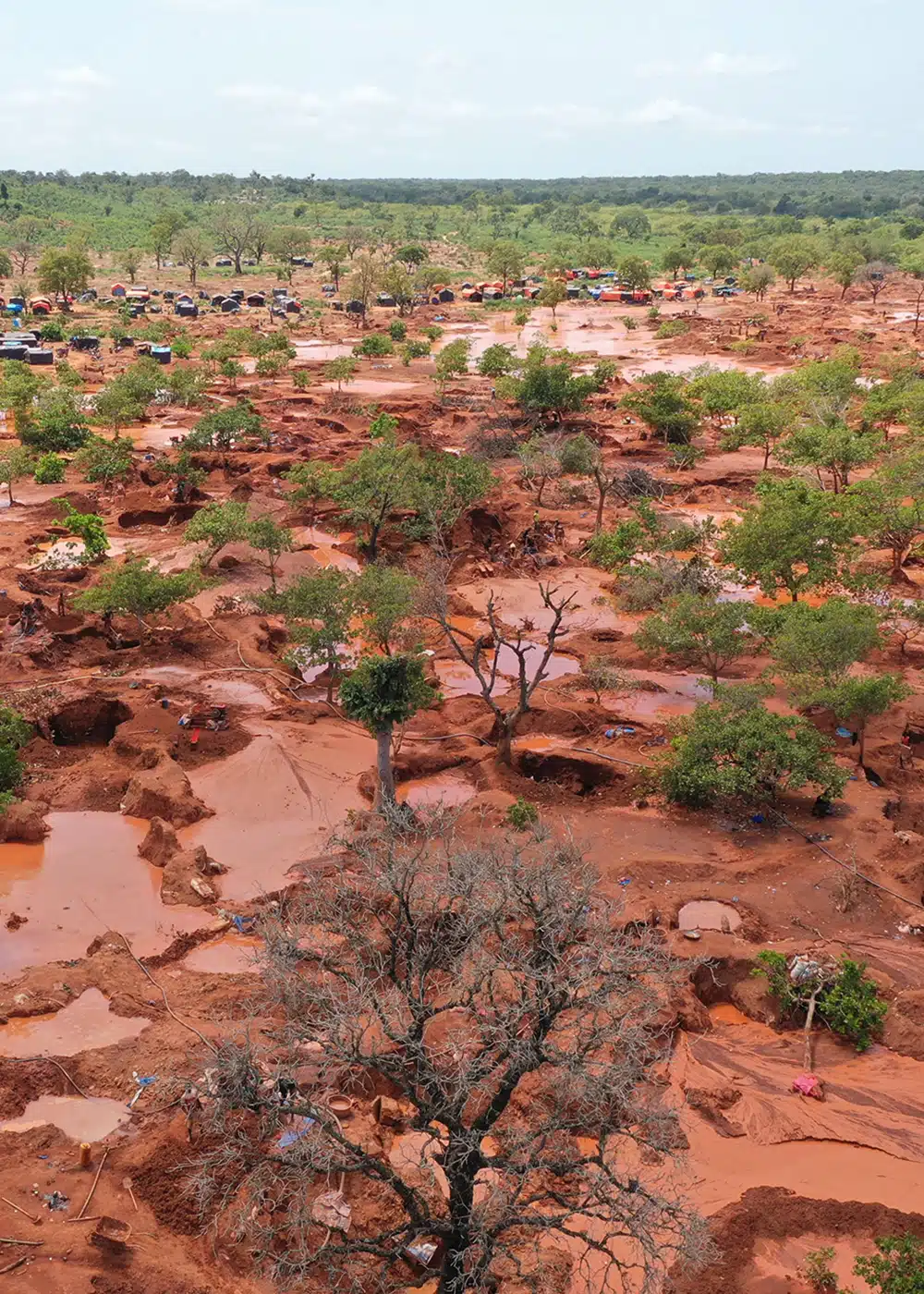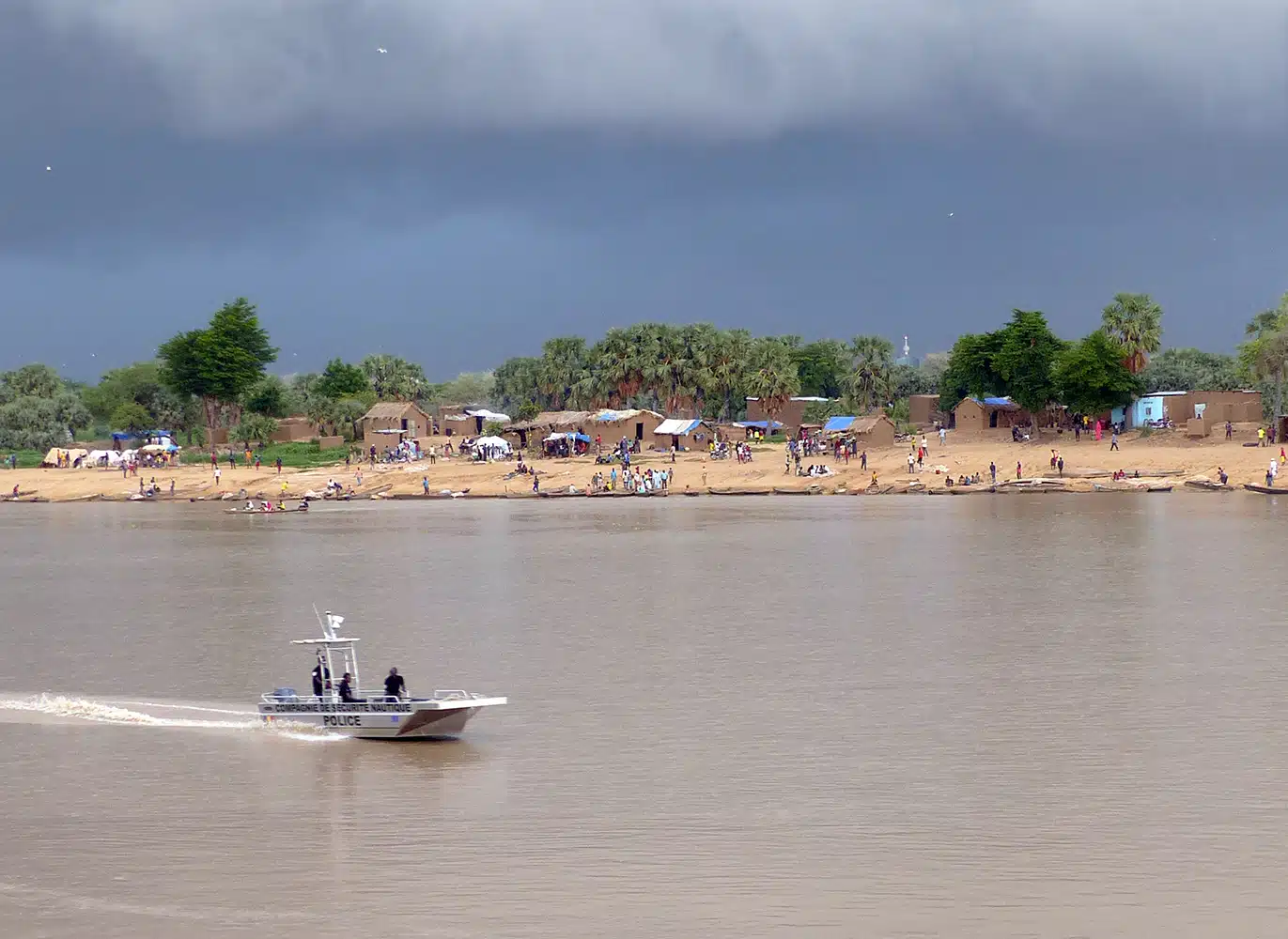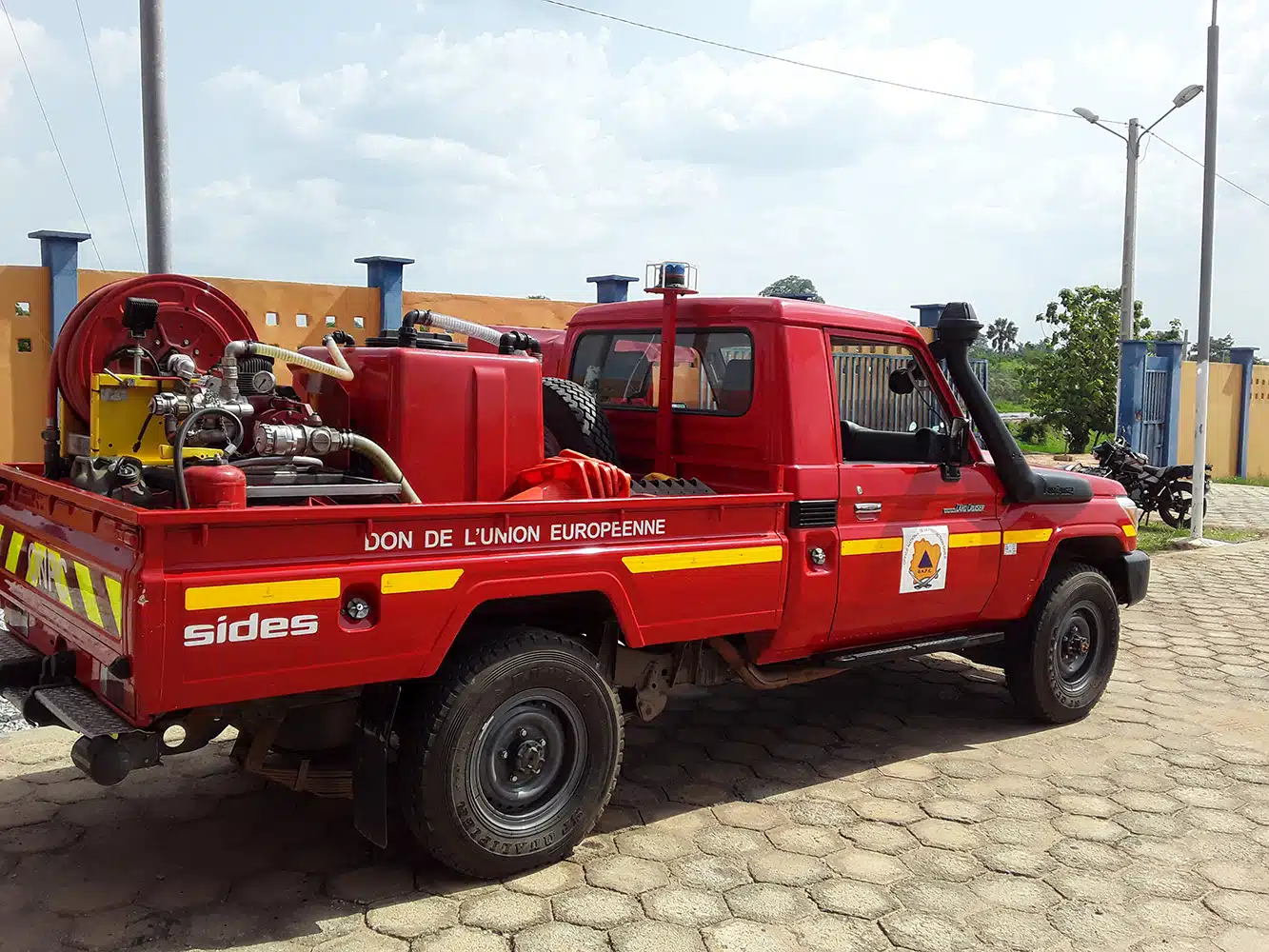Public safety in mining areas
The recent development of small-scale mining activity, particularly gold mining, in many countries which, moreover, are prey to growing security threats, has led Coginta to develop a center of expertise and skills aimed at supporting States in strengthening public security systems in these areas. This support responds to two main logics.
First of all, ensure that these natural resources are not subject to capture by criminal groups, particularly in border areas that are more vulnerable due to their porosity and poorly controlled migratory movements. Then, create security conditions favorable to the emergence of responsible artisanal and small-scale mining (ASM), a source of economic development and job creation.
Thus, support is also provided to local consultation frameworks – under the supervision of administrative authorities – and to mining cooperatives, aiming to strengthen local mining governance. Awareness-raising activities are organized for the benefit of the population and training is offered to mining artisans. Coginta also helps to strengthen cohabitation between “large mines” and “small mines”, often a source of conflicts from which criminal groups tend to want to take advantage.
